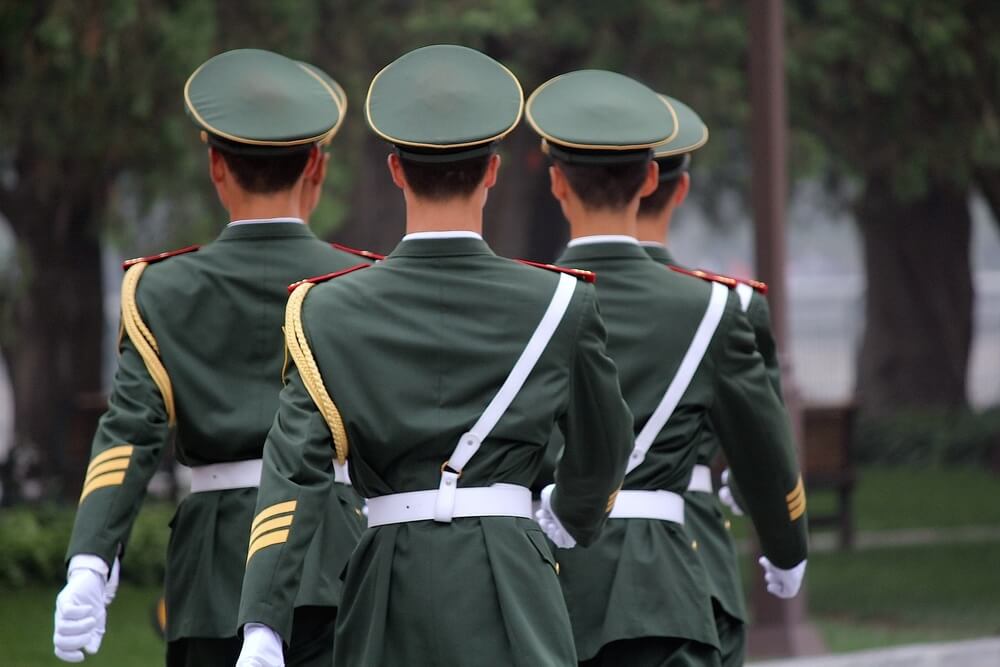Digital technology was supposed to disperse power. Early internet visionaries hoped that the revolution they were unleashing would empower individuals to free themselves from ignorance, poverty, and tyranny. And for a while, at least, it did.
But today, ever-smarter algorithms increasingly predict and shape our every choice, enabling unprecedentedly effective forms of centralized, unaccountable surveillance and control.
That means the coming AI revolution may render closed political systems more stable than open ones. In an age of rapid change, transparency, pluralism, checks and balances, and other key democratic features could prove to be liabilities.
Could the openness that long gave democracies their edge become the cause of their undoing?
Two decades ago, I sketched a “J-curve” to illustrate the link between a country’s openness and its stability.
My argument, in a nutshell, was that while mature democracies are stable because they are open, and consolidated autocracies are stable because they are closed, countries stuck in the messy middle (the nadir of the “J”) are more likely to crack under stress.
But this relationship isn’t static; it’s shaped by technology. Back then, the world was riding a wave of decentralization. Information and communications technologies (ICT) and the internet were connecting people everywhere, arming them with more information than they had ever had access to, and tipping the scales toward citizens and open political systems.
From the fall of the Berlin Wall and the Soviet Union to the color revolutions in Eastern Europe and the Arab Spring in the Middle East, global liberalization appeared inexorable.
A centralizing data revolution
That progress has since been thrown into reverse. The decentralizing ICT revolution gave way to a centralizing data revolution built on network effects, digital surveillance, and algorithmic nudging.
Instead of diffusing power, this technology concentrated it, handing those who control the largest datasets – be they governments or big technology companies – the ability to shape what billions of people see, do, and believe.
As citizens were turned from principal agents into objects of technological filters and data collection, closed systems gained ground.
The US has gone from being the world’s leading exporter of democracy to the leading exporter of the tools that undermine it
The gains made by the color revolutions and the Arab Spring were clawed back. Hungary and Turkey muzzled their free press and politicized their judiciaries.
The Communist Party of China (CPC), under Xi Jinping, has consolidated power and reversed two decades of economic opening.
And most dramatically, the United States has gone from being the world’s leading exporter of democracy – however inconsistently and hypocritically – to the leading exporter of the tools that undermine it.
AI could harden autocracies
The diffusion of AI capabilities will supercharge these trends. Models trained on our private data will soon “know” us better than we know ourselves, programming us faster than we can program them, and transferring even more power to the few who control the data and the algorithms.
Here, the J-curve warps and comes to look more like a shallow “U.” As AI spreads, both tightly closed and hyper-open societies will become relatively more fragile than they were.
 In this world, the CPC would be able to convert its vast data troves, state control of the economy, and existing surveillance apparatus into an even more potent tool of repression
In this world, the CPC would be able to convert its vast data troves, state control of the economy, and existing surveillance apparatus into an even more potent tool of repression
But over time, as the technology improves and control over the most advanced models is consolidated, AI could harden autocracies and fray democracies, flipping the shape back toward an inverted J whose stable slope now favors closed systems.
In this world, the CPC would be able to convert its vast data troves, state control of the economy, and existing surveillance apparatus into an even more potent tool of repression.
The US would drift toward a more top-down, kleptocratic system in which a small club of tech titans exerts growing influence over public life in pursuit of their private interests.
Both systems would become similarly centralized – and dominant – at the expense of citizens.
Countries like India and the Gulf states would head the same way, while Europe and Japan would face geopolitical irrelevance (or worse, internal instability) as they fall behind in the race for AI supremacy.
A sliver of hope
Dystopian scenarios such as those outlined here can be avoided, but only if decentralized open-source AI models end up on top.
In Taiwan, engineers and activists are crowdsourcing an open-source model built on DeepSeek, hoping to keep advanced AI in civic, rather than corporate or state, hands. (The paradox here is that DeepSeek was developed in authoritarian China.)
Success for these Taiwanese developers could restore some of the decentralization the early internet once promised (though it could also lower the barrier for malicious actors to deploy harmful capabilities).
History offers at least a sliver of hope
For now, however, the momentum lies with closed models centralizing power.
History offers at least a sliver of hope. Every previous technological revolution – from the printing press and railroads to broadcast media – destabilized politics and compelled the emergence of new norms and institutions that eventually restored balance between openness and stability.
The question is whether democracies can adapt once again, and in time, before AI writes them out of the script.
Ian Bremmer, Founder and President of Eurasia Group and GZERO Media, is a member of the Executive Committee of the UN High-level Advisory Body on Artificial Intelligence.